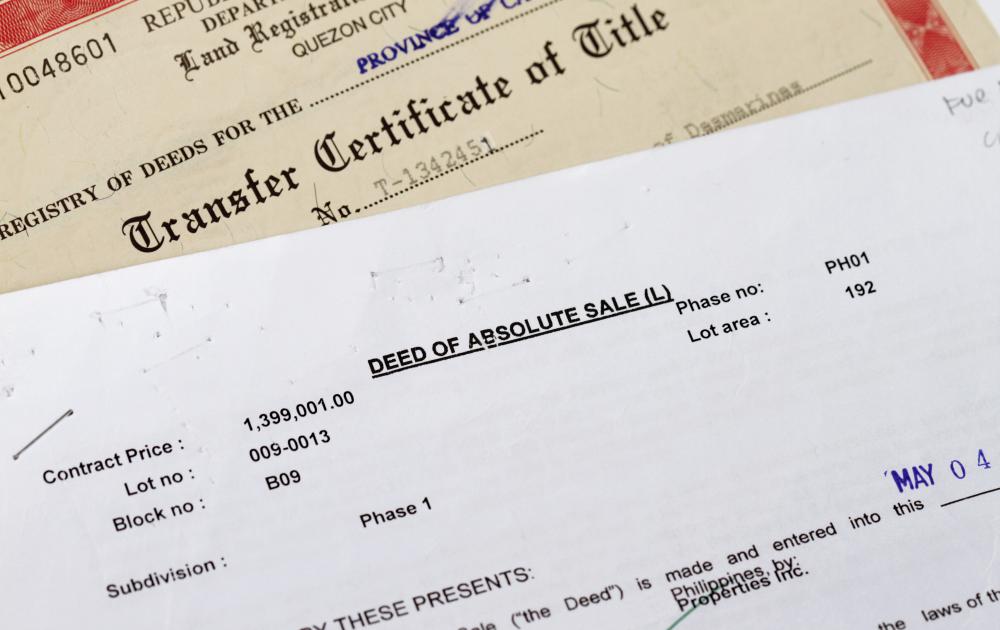At WiseGEEK, we're committed to delivering accurate, trustworthy information. Our expert-authored content is rigorously fact-checked and sourced from credible authorities. Discover how we uphold the highest standards in providing you with reliable knowledge.
What is the Foreclosure Process?
The foreclosure process is the legal mechanism through which a creditor or lien holder can legally gain control of a piece of property from a debtor who has failed to honor the terms of a mortgage or debt agreement. Different states and nations have laws in place that specify how quickly a lien holder can foreclose after a missed payment. A homeowner loses all ownership rights to a property after the lien holder forecloses on it.
When a borrower fails to make a timely mortgage payment, the mortgage company normally assesses a penalty fee and notifies credit bureaus of the late payment. Many lenders try to accommodate borrowers who have fallen behind on their mortgage payments because the foreclosure process can be costly. Collections agents employed by the bank attempt to contact the borrower and collect the unpaid debt. Lenders can opt to either foreclose on borrowers who cannot afford payments, or allow the borrower to attempt a pre-foreclosure sale.

Pre-foreclosure sales involve borrowers who are unable to sell their homes because the market price has fallen below the balance of the mortgage owed, and now can no longer afford to make mortgage payments. The lien holder agrees to allow the borrower to sell the home for less than the amount owed on the mortgage. These sales are also known as "short-sales," and both the borrower and lien holder have to agree a price with a buyer before the home can be sold. Borrowers who manage to successfully negotiate a short sale avoid foreclosure but, if a deal cannot be reached, the lender normally moves ahead with the foreclosure process.

A lien holder petitions the local court to foreclose on the home. A judge reviews the documents relating to both the placement of the lien and evidence from the lender that the borrower has defaulted on the lien obligation. Borrowers have the right to appeal a foreclosure but generally, if the lender can prove that the borrower is in default, the judge allows the lien holder to foreclose on the home. A transfer of deed is recorded at the courthouse that transfers the home from the borrower to the lien holder. The court ruling foreclosure process ends with the lien holder selling the property and using raised funds to settle the borrower's debt.

The foreclosure process can be costly for the lien holder in terms of legal expenses. Some lien holders auction foreclosed homes for below market price to avoid long-term maintenance costs. Lenders that do not auction homes often receive higher bids by selling homes with the assistance of listing agents, but agent fees and taxes deplete the sale proceeds.
AS FEATURED ON:
AS FEATURED ON:













Discuss this Article
Post your comments